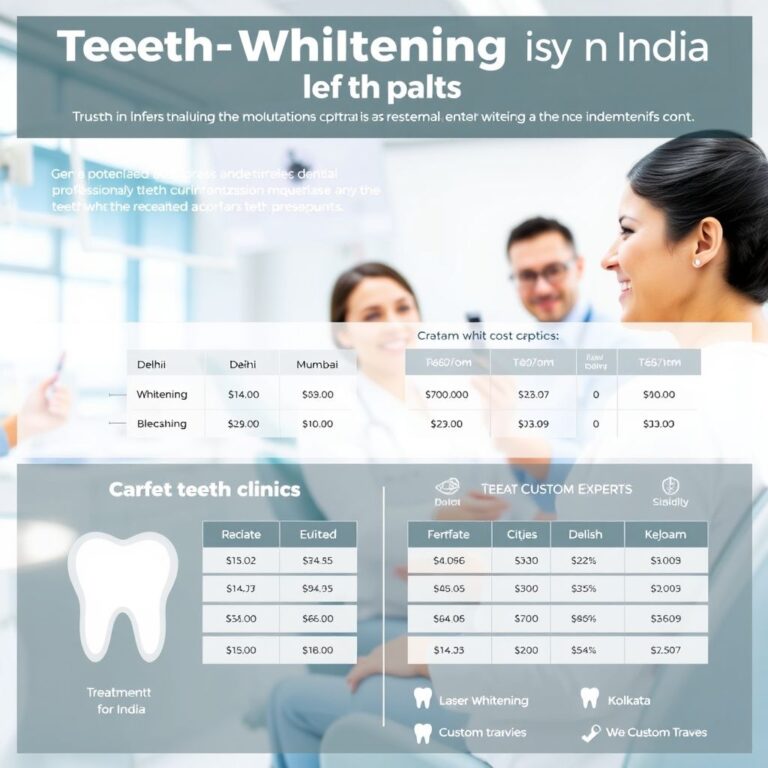5 Essential Oils for Teeth Whitening
In today’s world, a bright and healthy smile is a key part of one’s personal image. Teeth whitening has become a popular cosmetic procedure, but many people are turning to natural alternatives to achieve their desired results. Essential oils, known for their therapeutic properties, offer an effective and natural way to whiten teeth while promoting overall oral health. This article delves deep into the world of essential oils and how they can be utilized for teeth whitening, providing you with a comprehensive guide.

2. What is Teeth Whitening?
Teeth whitening refers to the process of removing stains and discoloration from teeth to enhance their appearance. Various factors contribute to teeth staining, including food and drink consumption, smoking, and poor oral hygiene. While there are numerous commercial teeth whitening products available, many of them contain harsh chemicals that may cause sensitivity or other oral health issues. This has led to a growing interest in natural remedies, such as essential oils, for achieving a brighter smile.
3. The Role of Essential Oils in Oral Care
Essential oils are concentrated plant extracts known for their potent therapeutic properties. In oral care, they serve multiple purposes, including fighting bacteria, reducing inflammation, and freshening breath. When used correctly, essential oils can also help in whitening teeth by breaking down stains and preventing the buildup of plaque. Their natural composition makes them a safer alternative to chemical-based whitening agents.
4. The Top 5 Essential Oils for Teeth Whitening
4.1 Peppermint Oil
Peppermint oil is widely recognized for its refreshing and invigorating properties. Its antimicrobial nature helps in killing bacteria that cause bad breath and plaque buildup. The menthol present in peppermint oil provides a cooling sensation, leaving the mouth feeling clean and refreshed. Regular use of peppermint oil can contribute to a brighter smile by maintaining oral hygiene and preventing stains.
4.2 Tea Tree Oil
Tea tree oil is renowned for its powerful antiseptic and antimicrobial properties. It effectively combats bacteria and fungi in the mouth, reducing the risk of oral infections. Tea tree oil can help remove surface stains on teeth, contributing to a whiter appearance. However, it is important to use it in diluted form to avoid any potential irritation.
4.3 Clove Oil
Clove oil has been used in dentistry for centuries due to its analgesic and antiseptic properties. It is particularly effective in combating oral pain and inflammation. Clove oil can also help in reducing tooth discoloration by addressing the underlying issues, such as plaque and bacteria buildup, that contribute to staining.
4.4 Lemon Oil
Lemon oil is rich in citric acid, which acts as a natural bleaching agent. Its astringent properties help in removing stains and discoloration from teeth. Additionally, lemon oil can freshen breath and promote healthy gums. Due to its acidic nature, it is essential to use lemon oil sparingly and in diluted form to prevent enamel erosion.
4.5 Orange Oil
Orange oil contains d-limonene, a compound known for its stain-removing and whitening properties. It effectively breaks down plaque and tartar, contributing to a brighter smile. The pleasant citrus aroma of orange oil also helps in freshening breath. Like lemon oil, orange oil should be used in moderation to avoid potential damage to the enamel.
5. How to Use Essential Oils for Teeth Whitening
Method 1: Oil Pulling
Oil pulling involves swishing a tablespoon of carrier oil (such as coconut or sesame oil) mixed with a few drops of essential oil in the mouth for 15-20 minutes. This method helps in removing toxins and bacteria, leading to whiter teeth and healthier gums.
Method 2: DIY Whitening Toothpaste
Create a natural whitening toothpaste by combining baking soda, a few drops of essential oil, and coconut oil. Use this mixture to brush your teeth twice a day. The abrasive nature of baking soda, combined with the antimicrobial properties of essential oils, aids in removing stains and maintaining oral hygiene.
Method 3: Mouthwash
Add a few drops of essential oil to a glass of water to create a natural mouthwash. Swish the mixture in your mouth for a minute before spitting it out. This helps in killing bacteria, freshening breath, and contributing to a whiter smile.
6. Benefits of Using Essential Oils for Oral Health
- Natural Whitening: Essential oils offer a safe and chemical-free way to whiten teeth.
- Antibacterial Properties: They help in reducing harmful bacteria in the mouth, preventing cavities and gum diseases.
- Fresh Breath: Essential oils like peppermint and lemon provide a refreshing aroma, combating bad breath.
- Reduced Sensitivity: Unlike chemical whiteners, essential oils are gentle on the teeth and gums, reducing the risk of sensitivity.
7. Precautions and Risks
While essential oils are generally safe, it is important to use them correctly to avoid any adverse effects:
- Always dilute essential oils with a carrier oil or water before use.
- Avoid ingesting essential oils as they can be toxic when swallowed.
- Perform a patch test to check for any allergic reactions.
- Consult a dentist before incorporating essential oils into your oral care routine, especially if you have existing dental issues.
8. Incorporating Essential Oils into Your Daily Routine
To maximize the benefits of essential oils for teeth whitening, integrate them into your daily oral care routine:
- Use an essential oil-infused mouthwash after brushing.
- Add a few drops of essential oil to your toothbrush before applying toothpaste.
- Perform oil pulling with essential oils once a week for deep cleansing and whitening.
9. Frequently Asked Questions (FAQs)
Q1: Can essential oils replace traditional teeth whitening treatments?
Essential oils can be an effective natural alternative for maintaining white teeth, but they may not produce immediate results like professional treatments. Consistent use is key.
Q2: Are there any side effects of using essential oils for teeth whitening?
When used correctly, essential oils are generally safe. However, overuse or improper dilution can lead to irritation or enamel erosion.
Q3: How long does it take to see results from using essential oils for teeth whitening?
Results can vary depending on individual oral health and the specific essential oil used. Typically, noticeable improvements can be seen after a few weeks of regular use.
Q4: Can I use essential oils if I have sensitive teeth?
Yes, but it is important to dilute the essential oils properly and consult with a dentist to ensure they are suitable for your condition.
Q5: What is the best way to store essential oils for oral care?
Store essential oils in a cool, dark place away from direct sunlight to preserve their potency and extend their shelf life.
10. Conclusion
Essential oils offer a natural and effective solution for teeth whitening, promoting overall oral health while providing additional benefits such as fresh breath and reduced sensitivity. By incorporating essential oils like peppermint, tea tree, clove, lemon, and orange into your oral care routine, you can achieve a brighter, healthier smile naturally.


